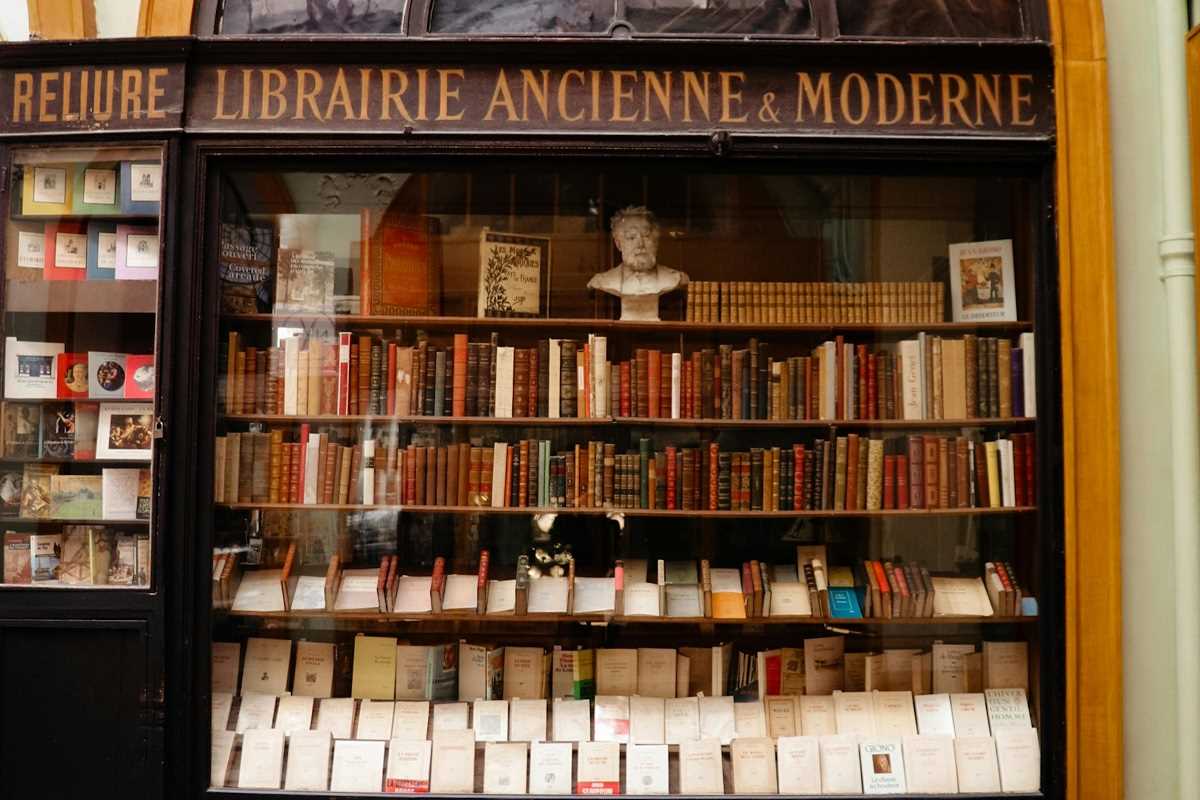The rise of audiobooks has undoubtedly reshaped how we consume literature, offering a convenient option for multitaskers and busy individuals. Yet despite their popularity and accessibility, audiobooks will never replace traditional books. The printed page, with its tactile charm and unique sensory experience, offers something that no voice recording can replicate. Traditional books are more than just a medium — they are an intimate and enduring form of storytelling intertwined with culture, memory, and human connection.
The Tangible Allure of the Printed Page
For many, the act of reading a traditional book is an experience in itself. Holding a book in your hands, turning its pages, and even the scent of paper — whether crisp and new or aged and musty — engage the senses in ways that audiobooks simply cannot. A physical book feels personal. It carries weight, texture, and history, especially when it’s been shared or passed down. Marginal notes, dog-eared corners, or underlined passages serve as reminders of the reader's relationship with the text.
Books command the reader’s undivided attention in a way that audiobooks rarely can. Reading words on a page forces you to slow down, focus, and absorb the details. This process fosters a deeper connection to the material, as the visuals of the text complement your mental engagement. Many readers find comfort in the ritual of turning pages — a tactile rhythm that’s both grounding and immersive.
Audiobooks, on the other hand, lack this visceral connection. While undeniably convenient, pressing play on an audiobook doesn’t provide the same grounding experience as physically interacting with a book. For some, listening feels distant — as though the story is being fed to them rather than discovered on their own terms. This lack of physical interaction can diminish the personal connection to the material.
Visual Engagement and Deeper Comprehension
Traditional books encourage active reading, where readers engage directly with the words in front of them. This engagement often leads to better comprehension and retention of the material. Studies have shown that people tend to remember more information and grasp it more thoroughly when they read from a page rather than listen to audio. Reading allows you to pause, reread, or linger on sections that resonate, giving your brain time to process and reflect.
The visual aspect of traditional books also aids memory. The layout of words, the fonts, and even the alignment on the page provide visual cues that help embed the material in your mind. For students or readers working through dense topics, these visual landmarks can serve as mental signposts, making it easier to locate and recall specific points.
Audiobooks, in contrast, lack these elements. While they are excellent companions during commutes or chores, the passive nature of listening often leads to fragmented focus. If your mind drifts while listening to an audiobook, you can easily miss key details or lose track entirely. Unlike a paragraph on a page, which stays in place until you're ready to process it, audiobooks keep moving forward regardless of whether you're fully tuned in.
The Cultural and Historical Significance of Physical Books
Books are more than just vessels for stories; they are cultural artifacts. Libraries, bookstores, and personal shelves form the backbone of how we share, preserve, and interact with literature. Walking through the aisles of a library or bookstore, running your fingers along book spines, or discovering a handwritten inscription inside a used volume are experiences that feel inherently human. These moments spark curiosity and connection, something intangible yet profoundly meaningful.
Historically, printed books have played pivotal roles in shaping societies. From Gutenberg’s printing press to the circulation of revolutionary ideas, books have transcended their physical form to serve as symbols of knowledge, rebellion, and change. For many, owning a book collection is a way to honor this legacy — to have a tangible, visible connection to the stories that have shaped their worldview.
Audiobooks, while practical and portable, don’t resonate with the same cultural significance. They are ephemeral by nature, existing in digital libraries that can be deleted with a single click. While they make literature more accessible, especially for those with visual impairments or limited time, their impact on memory and culture doesn’t have the enduring heft of a physical book.
Personal Connection and Emotional Value
Traditional books often become cherished keepsakes. Receiving a book as a gift, passing down a favorite novel to a loved one, or stumbling upon a note tucked into a used book creates a bond — not just with the content but with the book as an object. Each crease and mark tells a story of its own, a narrative that adds layers of meaning to the words inside.
Audiobooks, no matter how well-narrated, can’t replicate this emotional connection. They exist as files, infinitely replicable and devoid of physical presence. While they offer the benefit of accessibility to people who may find traditional reading difficult, they rarely evoke the same sense of nostalgia or personal investment as a well-worn book from your childhood.
The Unique Roles of Both Mediums
This is not to say audiobooks aren’t valuable. They have carved out a significant space in the literary world, offering accessibility and convenience that traditional books cannot. For people who struggle with reading or have busy lives, audiobooks are invaluable tools for consuming literature. But their rise does not signal the downfall of traditional books.
Printed books occupy a unique place in the human experience. They are repositories of knowledge, vessels of memory, and symbols of creativity and thought. The tactile sensations of flipping pages, the immersive focus they demand, and their cultural significance ensure their enduring appeal. While audiobooks may complement traditional books, offering a versatile way to enjoy stories, they will never replace the singular experience of reading words on a page.
At the end of the day, holding a book, losing yourself in its pages, and discovering the world it has to offer is an experience that will always stand apart.
 (Image via
(Image via





